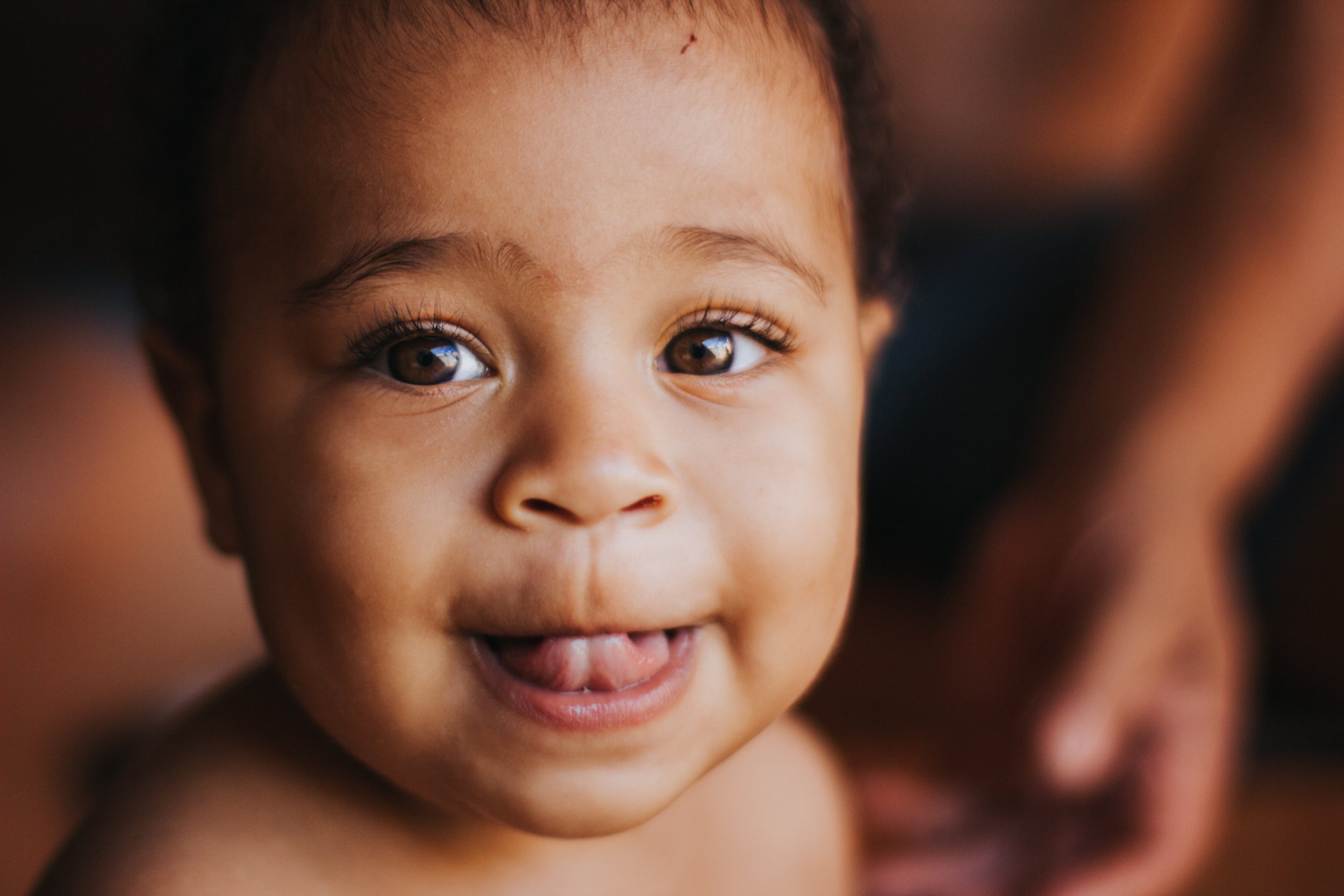
Searching for smiles
From the moment we’re born, psychiatrist Curt Thompson says, we’re “looking for someone looking for us.” In other words, we need to know we’re loved. The search that began at the moment of birth lasts our entire lives.
We’re looking for a sign showing us we’re not alone. That sign, theologian Hans Urs von Balthasar wrote, is as simple as it is beautiful: a caregiver’s smile.
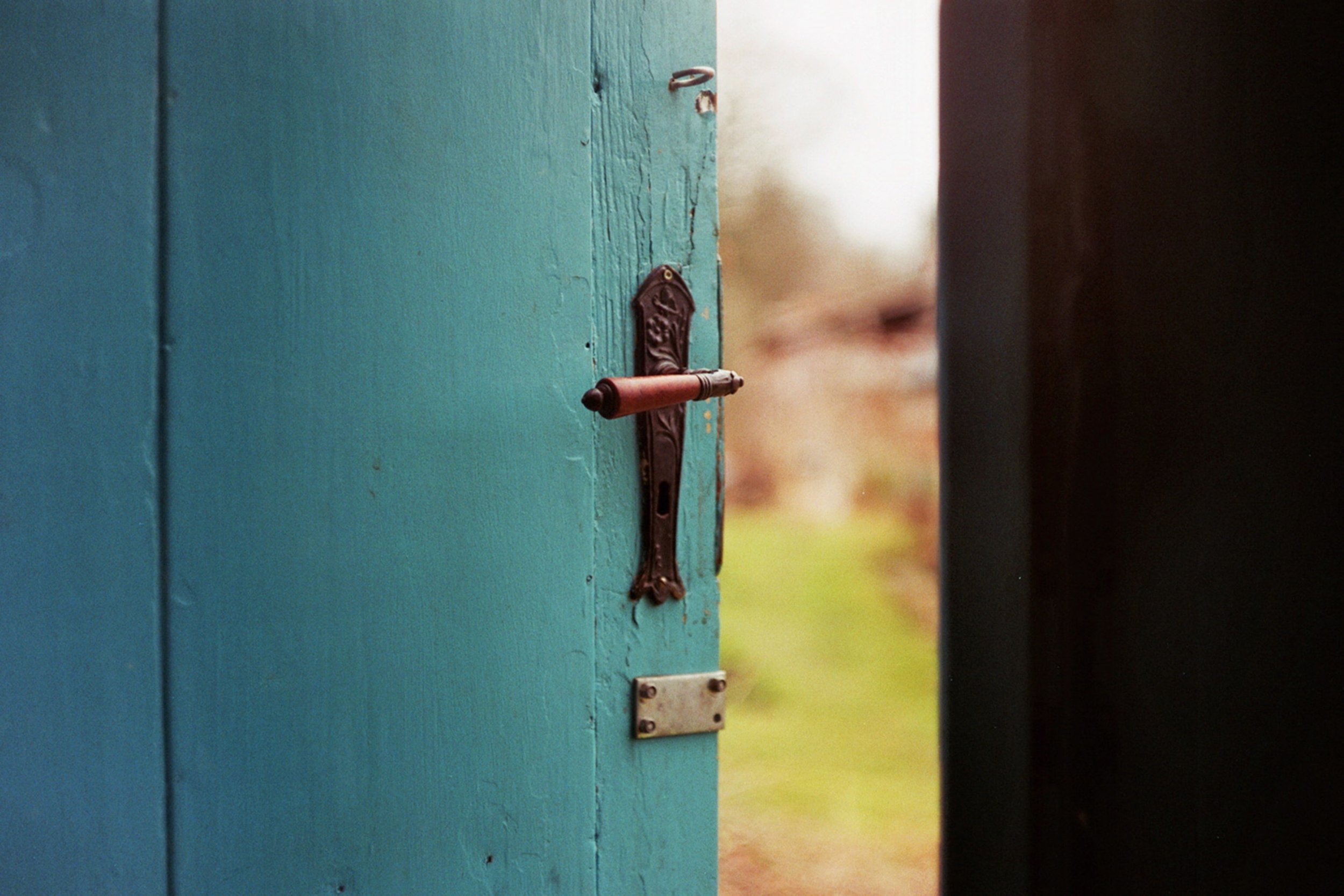
Misunderstanding isn’t a wall.
Often, we see misunderstanding as a failure to communicate. But communication ethicist Lisbeth Lipari believes misunderstanding doesn’t always mean something’s gone wrong. It’s actually a sign something could go right.
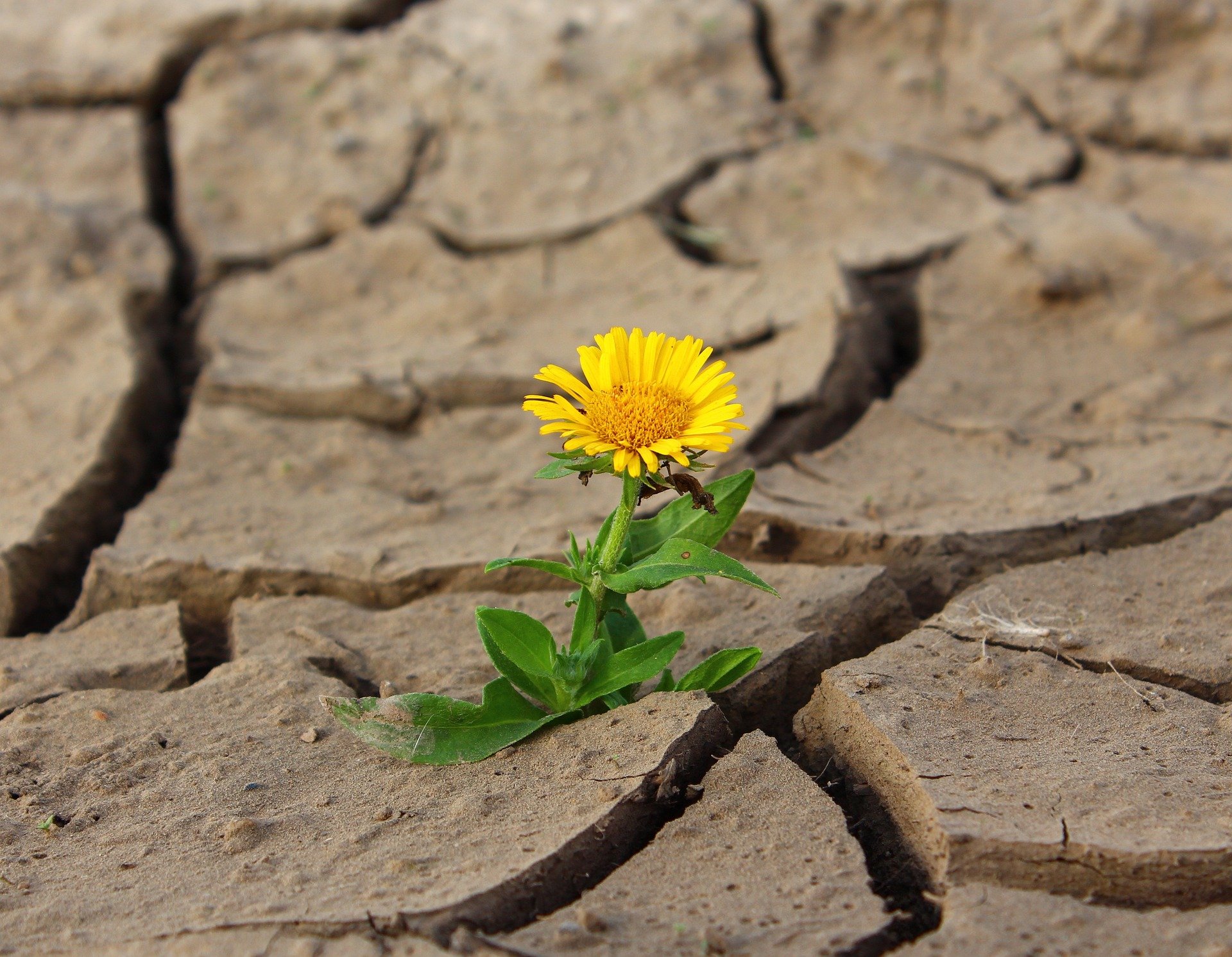
Healing toxic workplaces
When a toxic boss—whether it’s a CEO or a department head—leaves, it’s not enough to bring the organization back to health. Often, it snaps back to the same dysfunctional habits. Why?
Psychotherapist and spiritual director Chuck DeGroat reminds us that toxic leaders set an emotional tone throughout their group. Over time, the people they lead—even those who have high integrity—can find themselves accepting, saying, and doing things they never thought they would and becoming people they never thought they would be.

Risk and culture
Recently, we got a new credit card for our German bank account. Yet, my German wife and I were flummoxed by the layers of security we had to navigate. This unexpected complexity shows how cultures encounter risk differently.

Who are you, really?
Howard Thurman, civil rights activist and contemplative, believed we all have to answer three fundamental questions: Who am I, really? What do I want? How am I going to get it?

An island in a stormy sea
Psychologist Marshall Rosenberg believed nonviolent communication always comes from a place of compassion, and our first task as communicators is to stay within that compassionate space.

No more life in the cheap seats
The literary theorist and philosopher Mikhail Bakhtin saw life as a drama. In that drama, we're the hero of our own stories. Or at least, we want to be.
We want to be on the stage of life, not in the cheap seats watching from above. We want to be a protagonist, not someone to whom life just happens. Someone who acts, decides, and takes responsibility for what we choose to do—or not do.
And yet, all too often, we wait

Healing resentment
Regret and resentment come from the same place but lead us in different directions and require different responses.
Resentment is unique. Like regret, resentment also involves a decision I made in the past that has come to haunt me today. But unlike regret, I become resentful when I come to believe—rightly or wrongly—that I didn’t have the power to choose differently.

If it isn’t a race, will all kids win?
In May, the New York Times reported on the latest round of the “reading wars”: the ongoing debate about how to teach U.S. kids to read. Watching my son start school in Germany, I’m realizing it’s not just how we teach reading, but when.
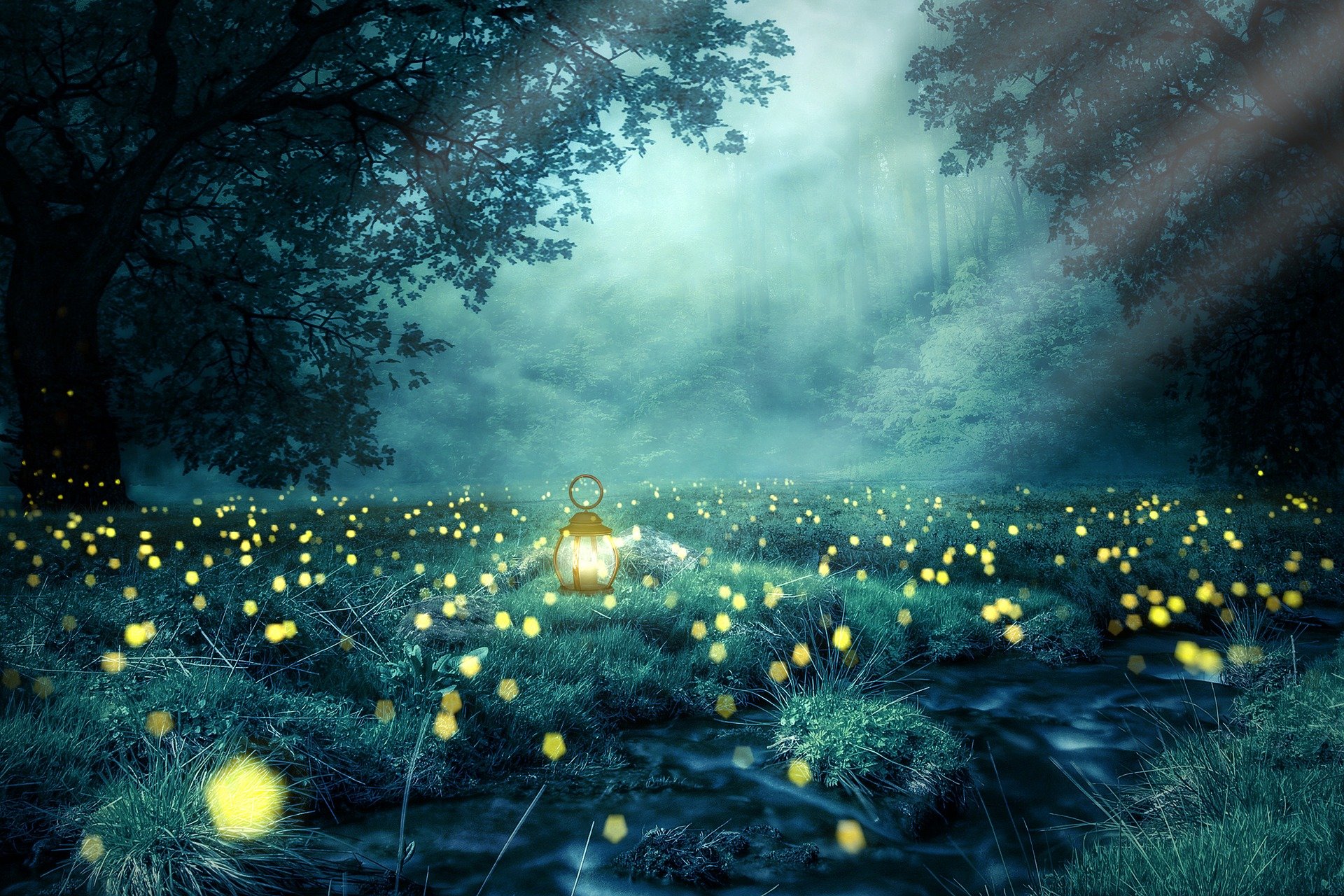
Light your way
The poet Elizabeth Barrett Browning wrote, “Light tomorrow with today.” This simple, beautiful quote reminds me of how every day offers possibilities to choose how to respond to life. My choices shade how my world looks and feels.
Yet, I also know how much I’m carrying into today: the stress, the pressure, the anxiety, the regret, the resentment, the mistrust, the self-doubt, the fear. The French philosopher Simone Weil would call that baggage “gravity.” If light is weightless, effortless, floating on air with beautiful warmth, gravity pulls me down to the heavy, dark, cold ground.

What is your life space?
Kurt Lewin, the social psychologist who created action research, fled Nazi Germany in 1933, and his experiences of anti-Semitism color his work. His papers seem focused on a single question: “Why do people hate me so much?”

Finding your compass
One of my favorite tools when working with clients is the Values in Action (VIA) Character Strengths Survey. It’s free, fascinating, and takes only a few minutes.
I’ve used it with clients and several classes of undergraduate students, and the vast majority of people find the results spot-on, if not a little uncanny.

How are you planting your future?
A few weeks ago, I listened to a German podcast talking about the future of trees on this planet. It wasn’t pretty.
In particular, the reporters talked about vast tree forests in the eastern part of Germany that were particularly hard hit by climate change through sufficient rain, higher temperatures bringing insects and disease, and, ultimately, the threat of forest fires.
Yet, the podcast said something else made these forests particularly fragile and vulnerable to these threats: the forests contained only the same kind of tree.
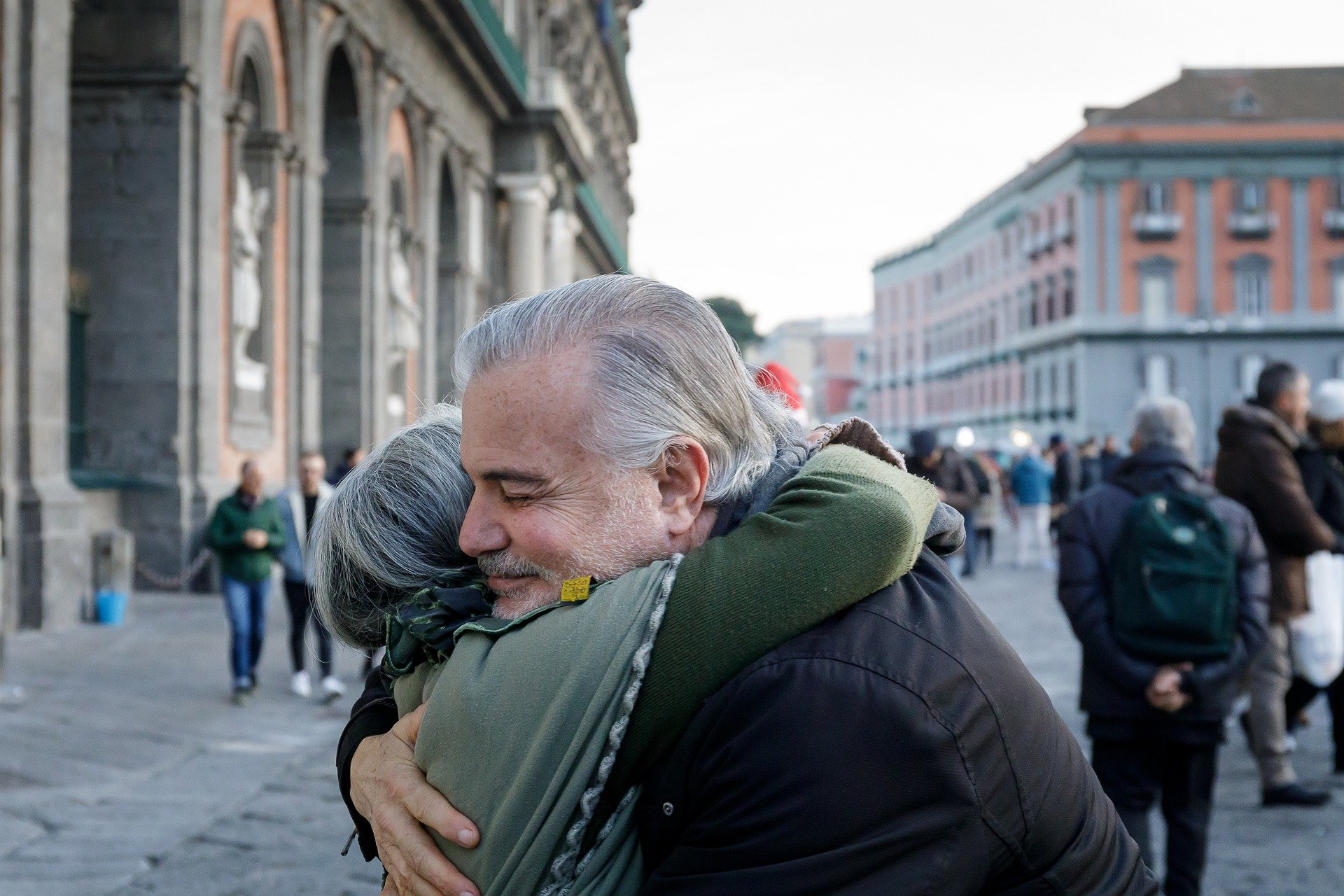
Connection matters
The Harvard Study on Adult Development followed a group of people for over 80 years to learn the foundations of human happiness. It’s the longest scientific study of its kind. And the answer is clear: good relationships.
In their book “The Good Life,” Marc S. Schulz and Robert J. Waldinger write we often assume happiness comes down to how much money we make, what job or job title we have, what our body looks like, how big an impact or contribution we’re making, or how healthy we are.

Are you a social couch potato?
I first read William Rawlins’ book “Friendship Matters” over twenty years ago. Revisiting it now, I’m struck by how it captures why friendships are so important and so fragile.
We know friendships are crucial for our development as people. Friends provide emotional support, information and help, and they help us learn about ourselves, strengthen our capacity to relate to one another, and make decisions about our lives. In short, they're central to our success.
But we also know how easy it is to let friendships slide, especially as we move into adulthood and our careers.

Glad I’m here
In June, we moved to Mönchengladbach, Germany near the Dutch border to be closer to my wife’s family. This morning, I finally had my appointment with German immigration.
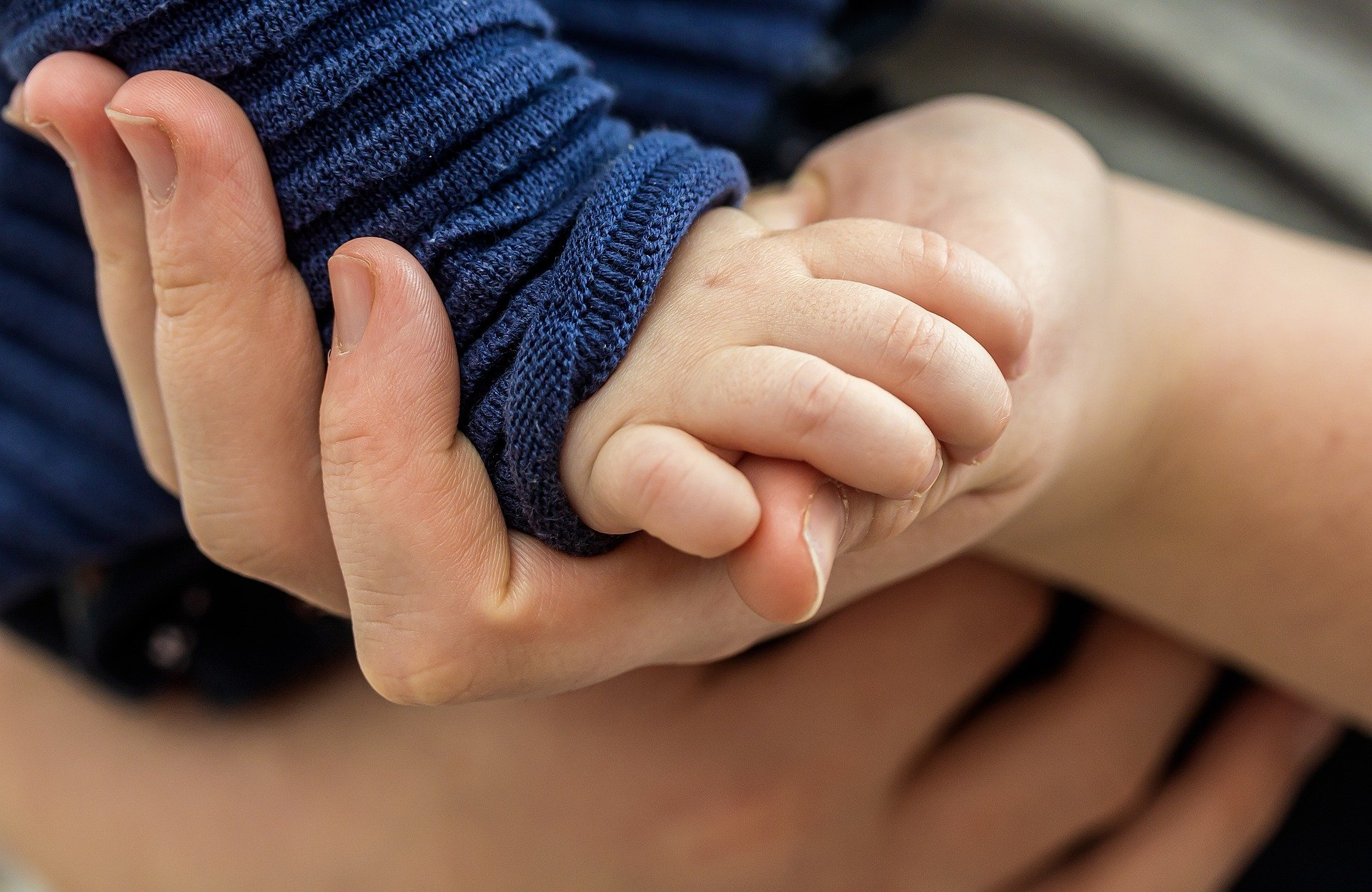
Supporting kids, supporting ourselves
As I’ve been struggling to process the horrific wildfires in Lahaina, I came across a study by developmental psychologist Emmy Werner on the Hawaiian island of Kauai that started in 1955.
Because of Kauai’s small size, she was able to enroll every child born on the island that year—690 in total—and follow them for four decades.

What’s getting lost in the shuffle?
German systems theorist Niklas Luhmann wrote 10,000 pages of research, but the core of his theory lies in a card catalog, or “Zettelkasten,” that's still at the University of Bielefeld in Nordrhein-Westfalen.
According to the Niklas Luhmann Archive, the card catalog encompasses about 90,000 undated notecards, representing Luhmann’s life’s work.

Who’s sharing your burdens?
Recently, my journal offered me a prompt based on a quote from Winston Churchill: "Success is not final; failure is not fatal: it is the courage to continue that counts."
As soon as I read it, and even as I’m reading it now, I felt exhausted, frustrated by the constant demand to do more, to push. It wasn’t about working hard, which I’m not opposed to doing, but the pressure that I felt behind this quote.

What’s the difference between coaching and psychotherapy?
What’s the difference between coaching and psychotherapy?
This question comes up frequently. Sometimes people are simply wondering what I do. Other times, clients tell me they feel like they’ve been to therapy after they’ve just processed some emotionally challenging situations at work. So where do I draw the line?